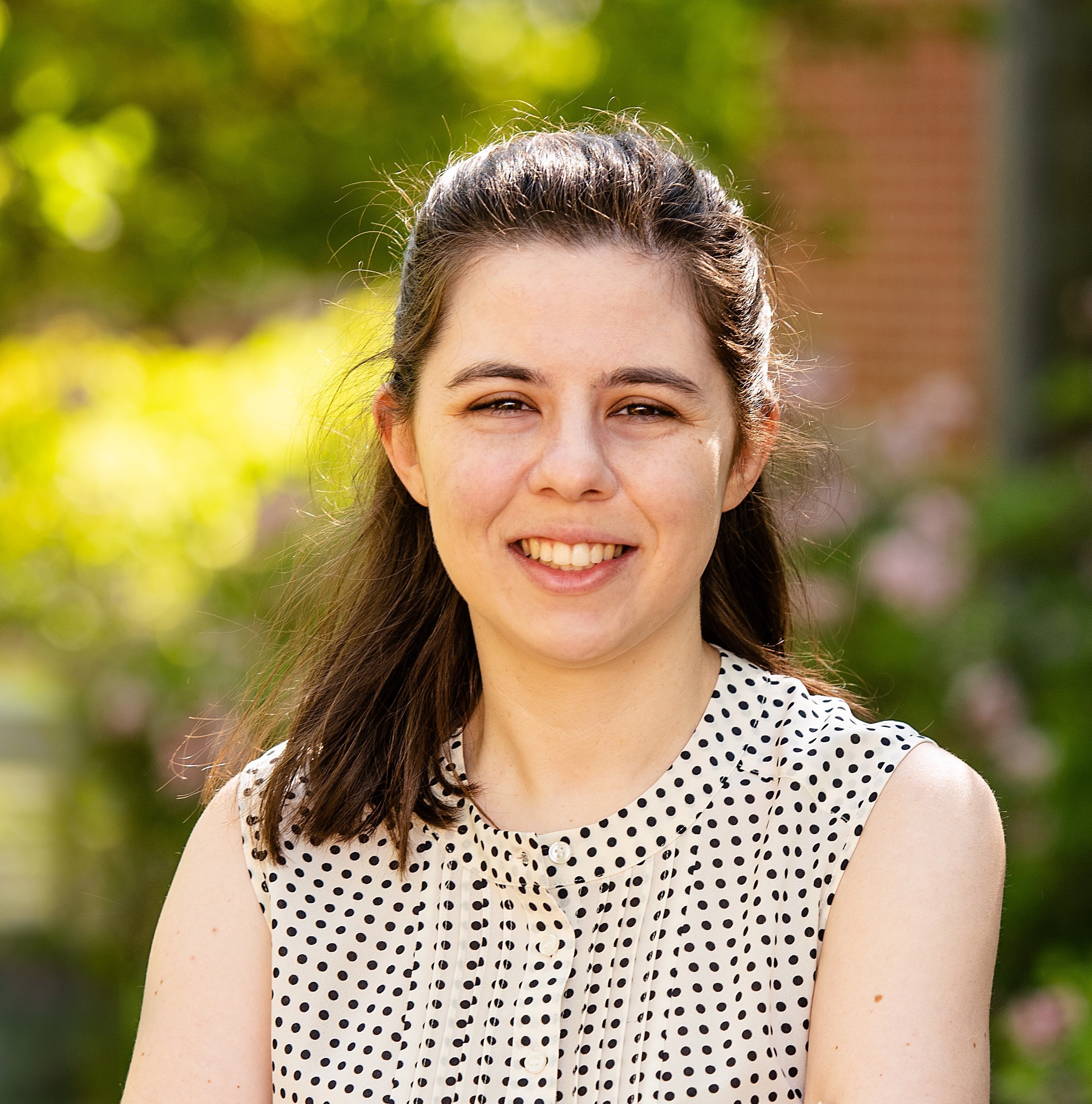Laura is finishing her PhD in Politics at the School of Arts & Sciences. For her dissertation research, Laura is examining the influence of individual leaders on public support for military interventions, arguing that the credibility a leader has cultivated with the public, or with different sectors of the public, impacts their ability to rally support for armed conflict. For better or for worse, under trusted leaders, the public is more willing to support broader conflict aims and greater escalations of force, is more likely to expect positive outcomes, and is less likely to recognize potential costs.
Laura was a PhD Plus intern in the Center for Survey Research at the University's Weldon Cooper Center for Public Service from summer 2020 to May 2021, under the mentorship of Kara Fitzgibbon.
Q. What are your career aspirations?
I plan to pursue a career in applied research focused on public policy or other public interest applications.
Q. Please summarize your PhD Plus internship experience.
I applied for the PhD Plus internship with the Center for Survey Research (CSR) because I hoped to gain practical experience in applied research and to learn more about survey research. During my internship, I have been able to contribute to a variety of different projects. I have been most involved in a project for the Virginia Department of Health assessing in-state National Diabetes Prevention Programs. During my internship, I have been able to work on many different tasks, including writing survey questionnaires, recruitment materials and consent documents, submitting IRB protocols, conducting semi-structured interviews to pretest a questionnaire, creating an analysis plan, cleaning and analyzing data, writing a report on survey findings, and communicating with clients. Kara Fitzgibbon has been a fantastic mentor, and has provided me with so many different learning opportunities and has been very generous in providing feedback and answering questions.
Q. What professional skills did you develop during this internship?
During my internship, I have developed a variety of practical skills for applied research, including using Qualtrics and SPSS for survey programming and analysis. I became used to working independently for my doctoral research, and working in a team-based setting has helped me to improve my communication skills during collaboration. Working with clients has also been a new and useful experience for me, including tailoring research to audience needs and communicating with clients throughout the research process.
Q. How has this internship assisted in your career development and planning?
This internship exposed me to a field of work that I had not previously considered and have learned that I truly enjoy. It has really helped me to narrow down and specify the types of jobs that I am most interested in. Prior to working at CSR, I had some broad preferences about the types of jobs I would be interested in, but I am now able to pinpoint specific job titles that I would like to pursue.
Q. What advice would you give your peers on utilizing PhD Plus internships for career development?
I highly recommend the PhD Plus internship program to any PhD student considering a career outside of academia. Try to learn as many new things as possible, and consider how the skills and experiences you gain during the internship could be combined with other skills you already have or how they can be utilized in other areas you are passionate about.

